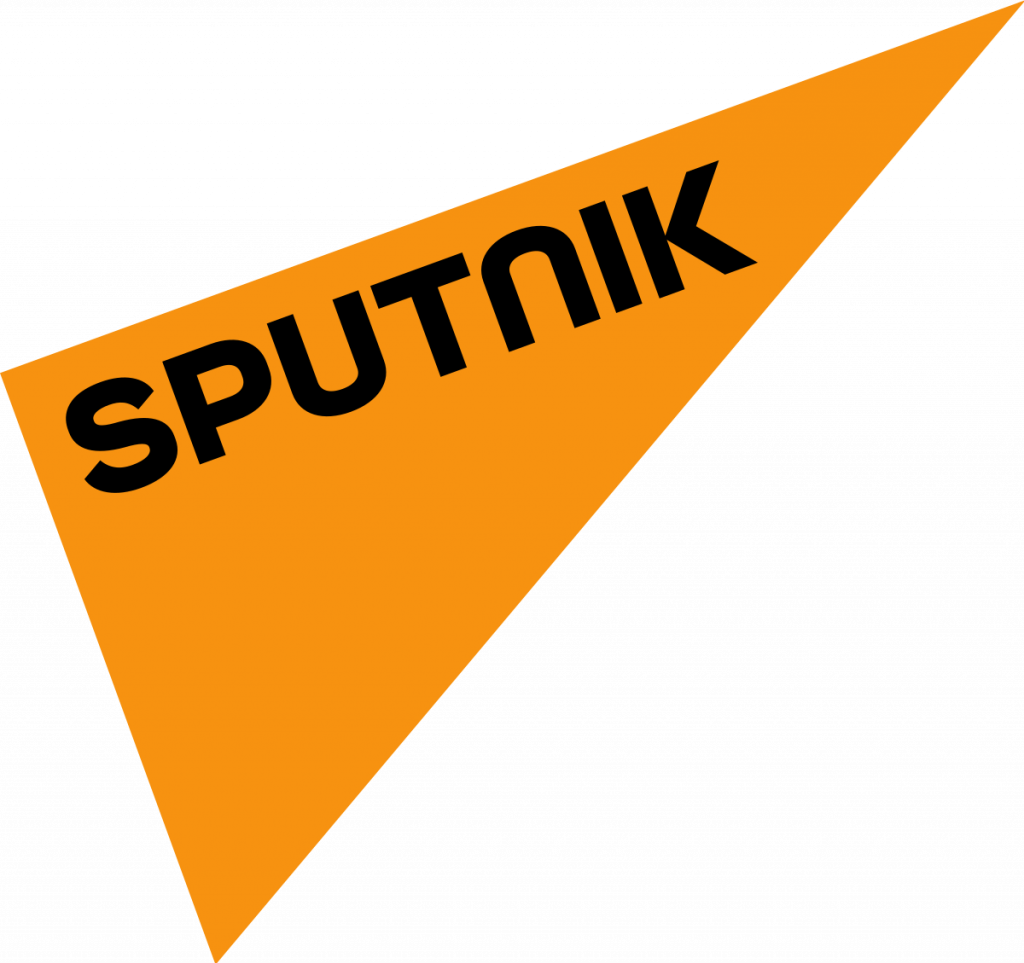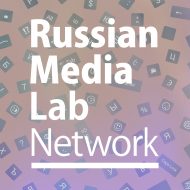In April, Sofya Glazunova from Queensland University of Technology will present a collaborative study “Auditing Policy Implementation by Digital Platforms: A Systematic Review of Actions against RT and Sputnik since Russia’s 2022 Invasion of Ukraine”. In this talk Glazunova covers how major digital platforms (Twitter, YouTube, Facebook, Instagram, TikTok, and Telegram) have implemented their content moderation policies towards RT and Sputnik accounts across ten countries. Dr Glazunova presents a new method, a platform policy implementation audit, to analyse various content moderation measures, and demonstrate its implementation by six coders after two months of the full-scale invasion. The audit shows largely inconsistent trends in platform policy implementation towards RT and Sputnik, as well as a wide catalogue of measures taken by tech giants. The talk is concluded with a discussion of the further implications and effectiveness of such content moderation measures for global digital audiences.
Online talk will be organized in Zoom April, 11 from 14:00 to 15:30 (Helsinki time). NB: Time has changed! If you want to participate and get emails about the next online talks, please leave your contact information here until April, 10 noon: registration form. If you registered for Online talks or RMLN email list before, no need to register again, you will get the information.

 About the research: The information influence of Russia’s state-controlled media outlets such as RT and Sputnik on global multimillion audiences has been one of the major concerns for Western democracies in the last decade. With the start of the 2022 full-scale invasion of Ukraine by Russia, they were recognised as a threat to international security and several major bans were implemented towards RT and Sputnik, including their ban in the EU and its member states, and non-EU countries such as Canada, the UK, and Australia, and reinforced content moderation by digital platforms globally. Digital platforms had to step up as new arbitrators of digital public spheres in this crisis event.
About the research: The information influence of Russia’s state-controlled media outlets such as RT and Sputnik on global multimillion audiences has been one of the major concerns for Western democracies in the last decade. With the start of the 2022 full-scale invasion of Ukraine by Russia, they were recognised as a threat to international security and several major bans were implemented towards RT and Sputnik, including their ban in the EU and its member states, and non-EU countries such as Canada, the UK, and Australia, and reinforced content moderation by digital platforms globally. Digital platforms had to step up as new arbitrators of digital public spheres in this crisis event.
This project is a result of the research collaboration between the Digital Media Research Centre, Queensland University of Technology (QUT), Australia and the RUSINFORM Research Group from the University of Passau (UoP), Germany. Other authors, who contributed to this project are Anna Ryzhova (UoP), Prof. Axel Bruns (QUT), Dr Silvia Montana-Nino (QUT), Arista Beseler (UoP), Dr Ehsan Dehghan (QUT).
Speaker’s bio: Dr Sofya Glazunova is a postdoctoral research fellow at the Digital Media Research Centre, Queensland University of Technology, Brisbane, Australia. Her book Digital Activism in Russia: The Communication Tactics of Political Outsiders was published with Palgrave Macmillan in 2022. Her combined expertise in political communication, digital platforms, disinformation as well as digital resistance studies has resulted in an extensive research output spanning these key topics. Dr Glazunova examines the pertinent issues of the global digital media landscape, specifically how contemporary audiences deal with the high circulation of problematic content and propaganda, highly regulatory contexts and censorship, as well as discrimination and suppression of political minorities online with a focus on Russia. She published in such academic peer-reviewed journals as Media and Communication, Information, Communication & Society, Media International Australia, Journal of Language and Politics. In 2021, Dr Glazunova also led a collaborative industry report “Disinformation Risk Assessment: The Online News Market in Australia” in collaboration with Global Disinformation Index (UK), presenting a risk-rating framework on how to minimise disinformation risks for 34 Australian media outlets.
Moderator: Dr Olga Dovbysh (University of Helsinki)
Online talk on Russian Media is a collaborative initiative between Russian Media Lab Network, University of Helsinki, and Tampere Research Center for Russian and Chinese Media.
Photo by Rami Al-zayat on Unsplash

